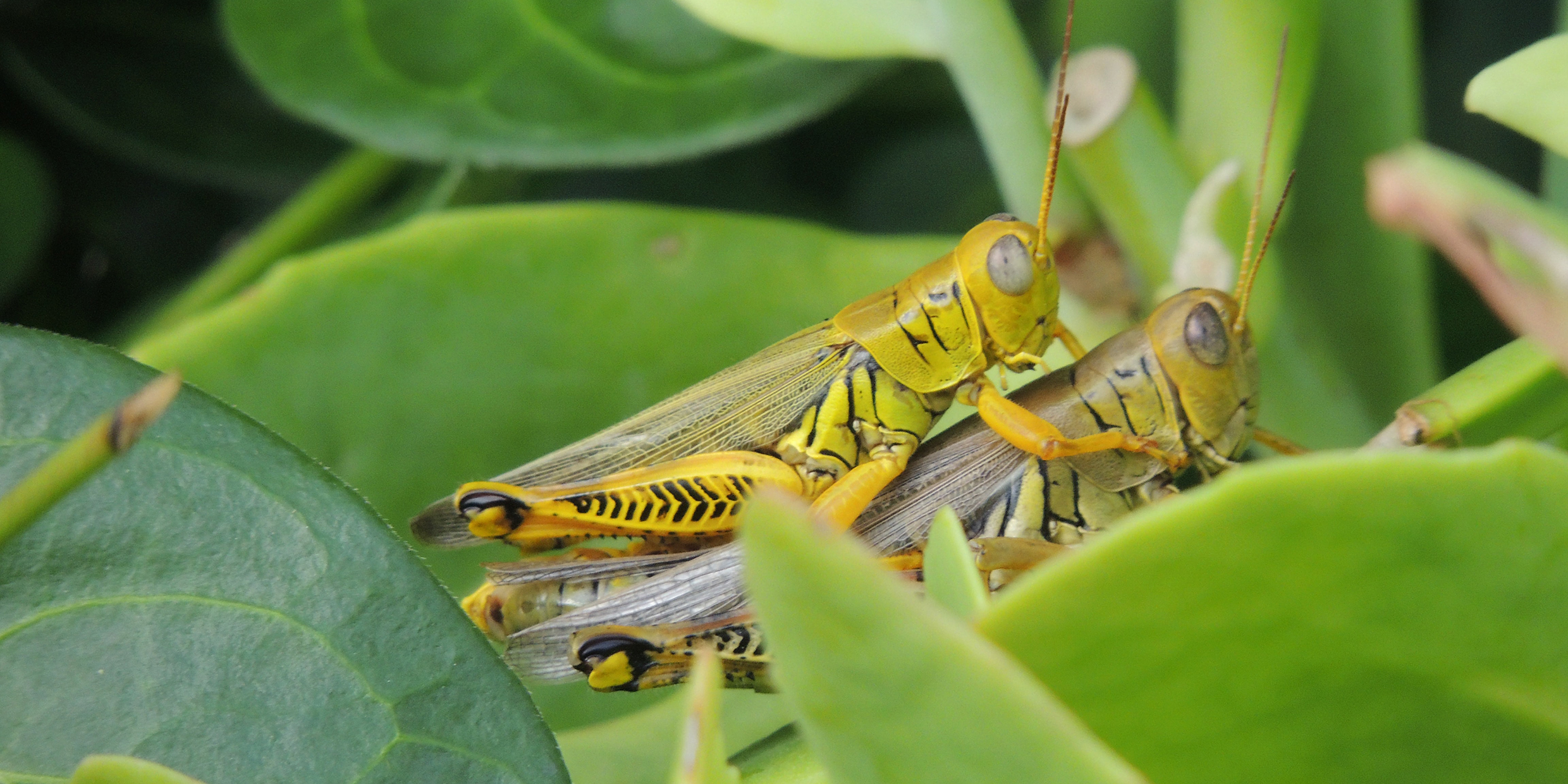Originally published 13 February 2001
This week, Science Musings offers Valentine’s Day advice to the lovelorn:
Dear Dr. Chet,
I’ve been married to Jack for seven years and, all things considered, he is a good husband. But it seems we are constantly squabbling — about money, household chores, and whom we socialize with. I think it all comes down to sex. Why can’t we get along?
FED-UP
Dear Fed-Up,
As behavioral biologist, Tim Birkhead points out in his book, Promiscuity: An Evolutionary History of Sperm Competition, a disparity of interests between male and female is built into the structure of life. Males are driven to inseminate as many females as they can, and to ensure that other males don’t undo their work. Females have evolved an amazing variety of ways to exercise choice over whose sperm fertilizes their eggs. “Sexual reproduction,” Birkhead said, “is anything but cooperative.” Humans, of course, are not slaves to our genes. Treat him to a romantic candlelit dinner on Valentine’s Day. Maybe he’ll bring flowers and chocolates.
Dear Dr. Chet,
I’m a good-looking 29-year-old gal with a string of boyfriends as long as your arm. Each of them wants to be my one-and-only, but I just can’t make up my mind. What’s wrong with me? Why can’t I decide?
MUDDLED
Dear Muddled,
Charles Darwin, the father of evolution, was stunned to discover female barnacles who kept a tiny male partner in each of two little pockets inside their shells. The females of certain other species of barnacles carry a dozen or more “little husbands” inside her body, Darwin observed, each one of which is not much more than a tiny packet of sperm. All of which turned the Victorian notion of naturally monogamous females on its ear. Your boyfriends may pine for exclusivity, but humans are not the only species in which females can prefer a bevy of suitors.
Dear Dr. Chet,
I am a 50-year-old man in love with a woman half my age. Am I robbing the cradle? Can it possibly work?
TROUBLED
Dear Troubled,
Only time will tell if it works, but a hankering for a youthful partner may be in your genes. The urge to “be first” is apparently widespread in nature, another aspect of sperm competition. Some male butterflies inseminate females while they are still wrapped in their hard pupal casing. Male thrips (a tiny primitive insect) look for females even before they have started to pupate; the females then carry the sperm through later stages of development, ready to lay fertile eggs as soon as they reach adulthood. As species go, you’re a long way from “robbing the cradle.”
Dear Dr. Chet,
My husband and I just can’t seem to agree on the frequency of lovemaking. He seems to always have sex on the mind. Most times, I’d just prefer a snuggle. What’s normal? Am I out of line?
HESITANT
Dear Hesitant,
Your situation is not all that unusual, but it’s hard to say how much is genes and how much is culture. Considering the sex lives of other species doesn’t help much to answer the question. A female screwworm fly mates only once in her life. On the other hand, the giant water bug of the Southern United States might copulate more than 100 times in a 36-hour period. Males and females of some worm species literally fuse their genitalia together before sexual maturity and remain bonded for life. If you fall somewhere between the screwworm fly and the giant water bug, you are probably normal.
Dear Dr. Chet,
My boyfriend is exceedingly generous with gifts, especially on Valentine’s Day. The problem is, he expects “something in return,” and I am determined to wait for a ring. How can I put him off without seeming ungrateful?
WAITING
Dear Waiting,
As Tim Birkhead makes clear, offering gifts for sex is commonplace in nature. Usually, it is food the male offers. For many grasshoppers and crickets, the male packages his sperm in a nutritious wrapper that he attaches to the female’s body; as she eats his Valentine offering, his sperm leaks into her body. Although your boyfriend may be acting on a genetic script, you have no obligation to oblige him. Take the chocolates, but insist on the ring. That’s what being human is all about.



